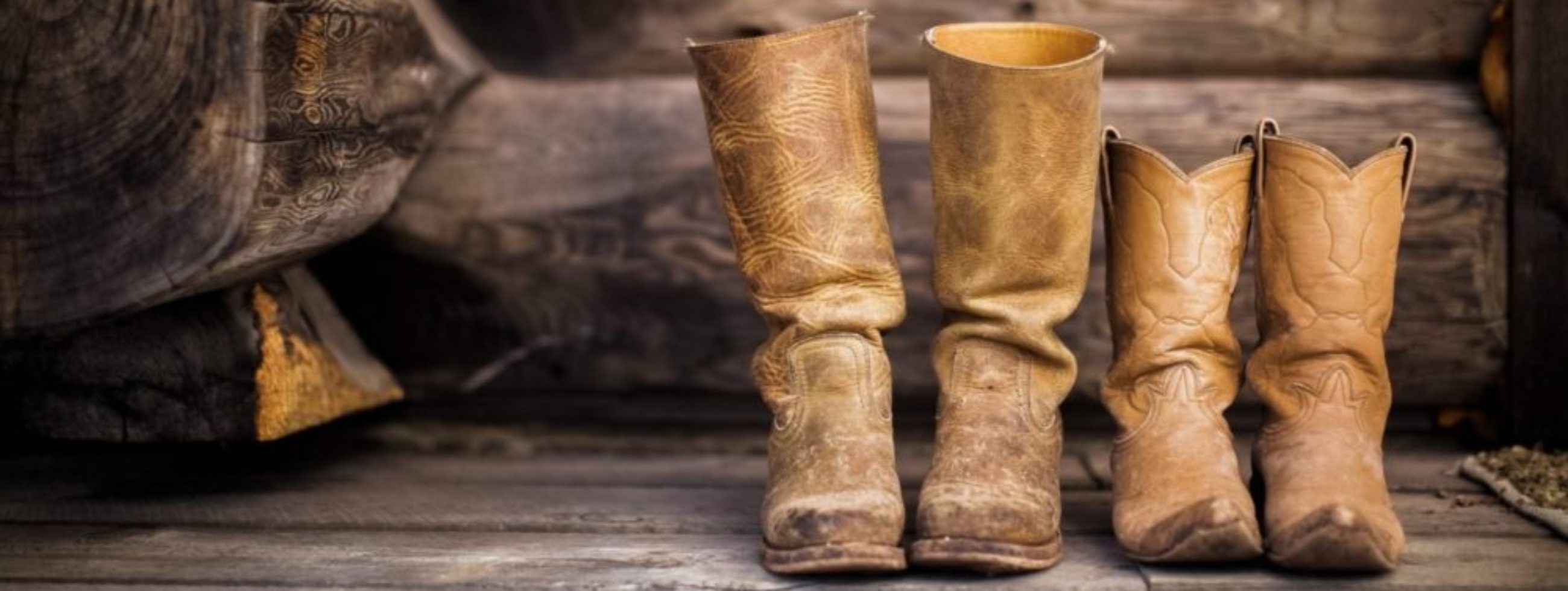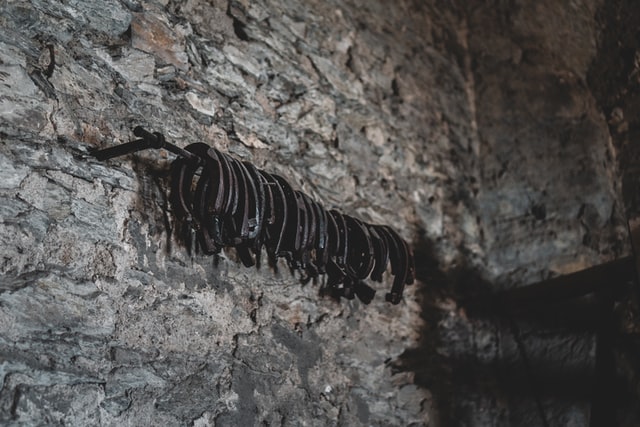He saddles-up occasionally but a Ram is his ride.
Well-worn chaps and rusty spurs hang on a post near the hay,
Stetson, seven-stitch boots, and brass belt-buckle worn with pride,
in the dim-lit honky-tonk, on payday.
Singers never as purty as Dolly or as country as Hank,
as loved as Willy or the whiskey he drank,
singing tunes made famous by others.
Years of longneck Buds and Camels
made for perfect smoke-rings with ease.
The old man rarely spoke,
but when he sat back and blew
everyone knew,
he was ready to speak.
When he did, he was heard.
I seen plenty when I served in Nam
blacks, Mexicans, Indians, Jews,
some country clods, some city dudes.
Reparations, microaggressions, cultural appropriations
I don’t understand,
I keep it simple.
There’s them with good hearts and them that’s jerks,
and not much in between.
You gotta cull the good from the bad
and hope they do the same.
Any good heart walks through the door
a handshake, a hug, I’ll buy ‘em a beer
and fight any man who shows disrespect.
A jerk is on his own.
Next you ride the prairie,
look high in the sky,
where the elite fly
looking down their noses at fly-over states.
They never prayed for rain to come,
never prayed for rain to go,
many never prayed.
Never baled hay, slopped hogs,
shucked corn or picked peas.
No manual labor for the jet set;
they live off others’ sweat.
But from high on their horses
they righteously proclaim,
what we can and cannot do.
We can’t use certain words
because we might offend,
don’t matter what we intend.
But it’s okay for them to call us
hayseeds, crackers, hillbillies,
hicks, rednecks, honkies
bubbas, bumpkins, and peckerwoods.
Don’t get all hep up about them,
they ain’t worth the worry.
Save your energy for faith, family and friends.
You’re itchin’ to leave small town life,
for bright lights, busy nights.
I don’t begrudge the change,
just don’t judge us who stay,
to see sunrise glory, feel sunset peace,
and reflect under the Milky Way.
You boys, sowin’ oats, you need to learn,
women ain’t objects for gratification,
they’re humans with feelings, hopes, and dreams.
If they want to work support’em,
if they look down their noses at mothers and wives
give’em room,
if they’re married stay away,
if they cuss to act tough, they are as dumb as men.
Don’t git catawampus ‘bout looks,
if they’re hung up on purty let’em be.
If you find one who is comfortable within her own skin,
who’s honest and will work with you,
saddle up, get to work,
be honest with them,
see what you can build.
Love ain’t just frolicking,
though that’s a good part.
It’s doin’ for her —
and appreciating what she’s doin’ for you.
It’s working together on what’s right.
If you have children,
teach’em to saddle and care for their own horses,
give them plenty of rope,
and raise them to live with someone else,
from the day they’re born.
When they make mistakes
(and they will)
make sure they accept responsibility,
experience consequences
and learn what is right.
Yelling what’s wrong
won’t do as much as showing what’s right.
If they are falling,
(unless they are in danger)
let’em fall,
but giv’em a hand up.
Do not expect what you do not live.
Enjoy the ride,
they grow up fast.
If your needs are met —
don’t sweat the wants.
If you get some wants enjoy them
but understand,
they don’t make you a better person.
No horse, no saddle, no boot, no buckle
helps you treat people better.
My trailer provides shelter —
a bathroom, a kitchen with ample food,
a bed, a closet filled with clothes,
a television and comfy recliner.
My needs are met.
My truck —
gets me from A to B
holds hay and supplies.
My needs are met.
If I get better shelter, a better truck,
I will enjoy them,
but I’m not a better person.
Don’t judge by the color of skin,
house size, fancy car, powerful truck,
amount of money or looks.
See how people care
for friends, for family, for their horses.
If they smile freely, listen to others,
say thank you and you’re welcome,
then look them in their eyes,
shake their hands,
support them in bad times,
celebrate together in good times,
and build friendships that last.
Jeral Williams is a poet residing in Mobile, Alabama. His formative years were in Western Kansas. He believes you can take the boy out of the West, but you can not take the West out of the man.

